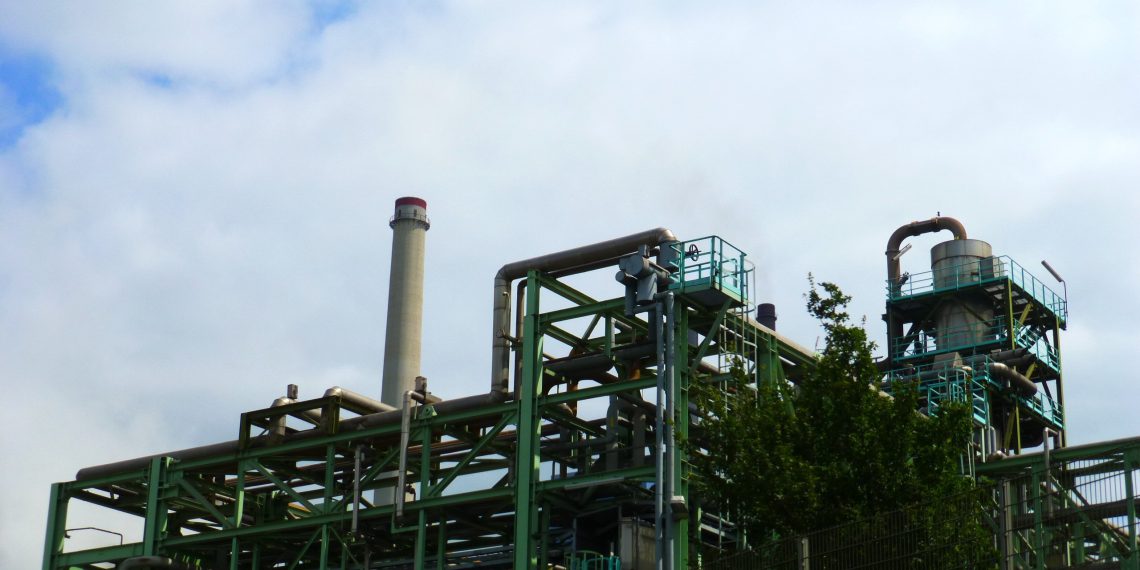The German Federal Ministry of Economics and Climate Protection (BMWK) is now funding the project OekoProOf — “Intelligent economic & ecological resource efficiency control using a digital process passport”. The project deals with a new approach for industrial companies, in which resources can be transparently and efficiently allocated to processes based on demand through intelligent energy monitoring and management. The aim is to develop an IT system that can be used across all industries.
The August-Wilhelm Scheer Institute, Wegener Härtetechnik GmbH, KRAFTBLOCK GmbH and the Institute for Operations and Technology Management at the Environmental Campus Birkenfeld of Trier University will start the project in January 2022 with a duration of three years.
Rising prices for scarce resources, the urgency for climate protection and growing environmental awareness are accelerating the importance of sustainable management in all sectors. The economical use of finite resources and their intelligent reuse are therefore becoming essential.
For this reason, industrial companies of all sizes are under pressure to meet the growing demands of society and their customers in terms of sustainability, in addition to increasing costs due to the rising CO2 price. The challenge for companies is to take into account both their own economic requirements for energy and resource efficiency and the economic and ecological wishes and goals of customers and society. Since the wishes of customers and the requirements of companies can vary, intelligent, needs-based adaptation of energy and resource efficiency is necessary.
The OekoProOf project, funded by the German Federal Ministry of Economics and Climate Protection to the tune of EUR 1,223,777.96, is therefore addressing these challenges and looking for suitable solutions. “In the project, we are developing an IT system for this purpose, the digital process passport, which transparently allocates resource consumption and efficiency in the form of waste heat and electricity efficiency to processes,” explains Dr. Dirk Werth, scientific director and managing director of the August-Wilhelm Scheer Institute. Together with the company Wegener Härtetechnik GmbH, the system is being directly applied and tested in practice. Dr. Simon Hechler of Wegener Härtetechnik GmbH: “With this project, we are creating the conditions for energy-intensive companies in Germany to remain internationally competitive, create required transparency and meet the challenges of climate change.”
In the context of increasing resource efficiencies, the project is also investigating the potential of thermal utilization of waste heat. The aim of this is also to derive generally applicable solutions for other branches of industry. The recycling of waste heat makes it possible to reduce energy requirements and consequently CO2 emissions. This solves a central problem of industry. So far, the use of (high-temperature) waste heat has played a subordinate role in the energy transition and the transformation of industrial energy supply.
“The solution developed in the project is to be ensured and tested in the future in nearby energy-intensive industrial sectors such as textile processing, automotive parts suppliers, polymer production, etc. In addition, the OekoProOf project fits into the energy policy objectives of the German government.”
- Prof. Dr. Henrik te Heesen

















